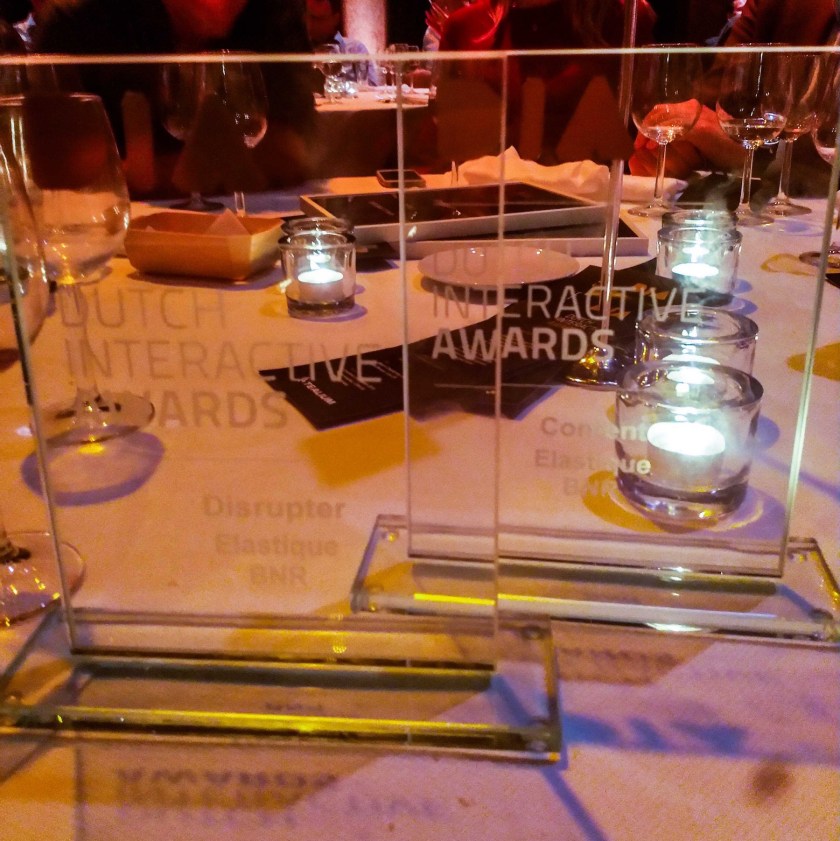Really excited to have co-authored “Reading News with a Purpose,” which was accepted at the International Workshop on Transparent Personalization Methods based on Heterogeneous Personal Data (ExHUM), at UMAP 2019!
With the largest list of authors (ranging from philosophers via polcomm researchers to computer scientists), from a wide array of institutions; Emily Sullivan, Dimitrios Bountouridis, Jaron Harambam, Shabnam Najafian, Felicia Loecherbach, Mykola Makhortykh, Domokos Kelen, Darcia Wilkinson, and Nava Tintarev!
This is work that came out of our ICT with Industry project “Opening the black box of user profiles in content-based recommender systems” where we (FD Mediagroep) collaborated with Nava Tintarev and our excellent team of academics in a week-long academic hackathon!
Read the pre-print, below:
-
![[PDF]](https://i0.wp.com/graus.nu/blog/wp-content/plugins/papercite/img/pdf.png?w=840&ssl=1)
![[DOI]](https://i0.wp.com/graus.nu/blog/wp-content/plugins/papercite/img/external.png?resize=10%2C10&ssl=1) E. Sullivan, D. Bountouridis, J. Harambam, S. Najafian, F. Loecherbach, M. Makhortykh, D. Kelen, D. Wilkinson, D. Graus, and N. Tintarev, “Reading news with a purpose: explaining user profiles for self-actualization,” in Adjunct publication of the 27th conference on user modeling, adaptation and personalization, 2019, p. 241–245.
E. Sullivan, D. Bountouridis, J. Harambam, S. Najafian, F. Loecherbach, M. Makhortykh, D. Kelen, D. Wilkinson, D. Graus, and N. Tintarev, “Reading news with a purpose: explaining user profiles for self-actualization,” in Adjunct publication of the 27th conference on user modeling, adaptation and personalization, 2019, p. 241–245.
[Bibtex]
@inproceedings{sullivan2019reading,
title={Reading news with a purpose: Explaining user profiles for self-actualization},
author={Sullivan, Emily and Bountouridis, Dimitrios and Harambam, Jaron and Najafian, Shabnam and Loecherbach, Felicia and Makhortykh, Mykola and Kelen, Domokos and Wilkinson, Daricia and Graus, David and Tintarev, Nava},
booktitle={Adjunct Publication of the 27th Conference on User Modeling, Adaptation and Personalization},
pages={241--245},
year={2019},
url={https://doi.org/10.1145/3314183.3323456},
doi={10.1145/3314183.3323456}
}
Read the original idea that sparked the project, presented at the 2nd FATREC Workshop at RecSys 2018, here:
-
![[PDF]](https://i0.wp.com/graus.nu/blog/wp-content/plugins/papercite/img/pdf.png?w=840&ssl=1) D. Graus, M. Sappelli, and D. M. Chu, “Let me tell you who you are,” in The 2nd fatrec workshop on responsible recommendation, 2018.
D. Graus, M. Sappelli, and D. M. Chu, “Let me tell you who you are,” in The 2nd fatrec workshop on responsible recommendation, 2018.
[Bibtex]
@inproceedings{graus2018let,
title={Let me tell you who you are},
author={Graus, David and Sappelli, Maya and Chu, Dung Manh},
booktitle={The 2nd FATREC Workshop on Responsible Recommendation},
year={2018}
}



![[PDF]](https://i0.wp.com/graus.nu/blog/wp-content/plugins/papercite/img/pdf.png?w=840&ssl=1)













